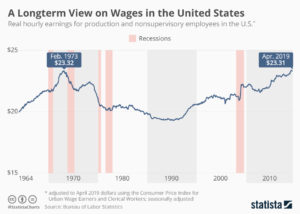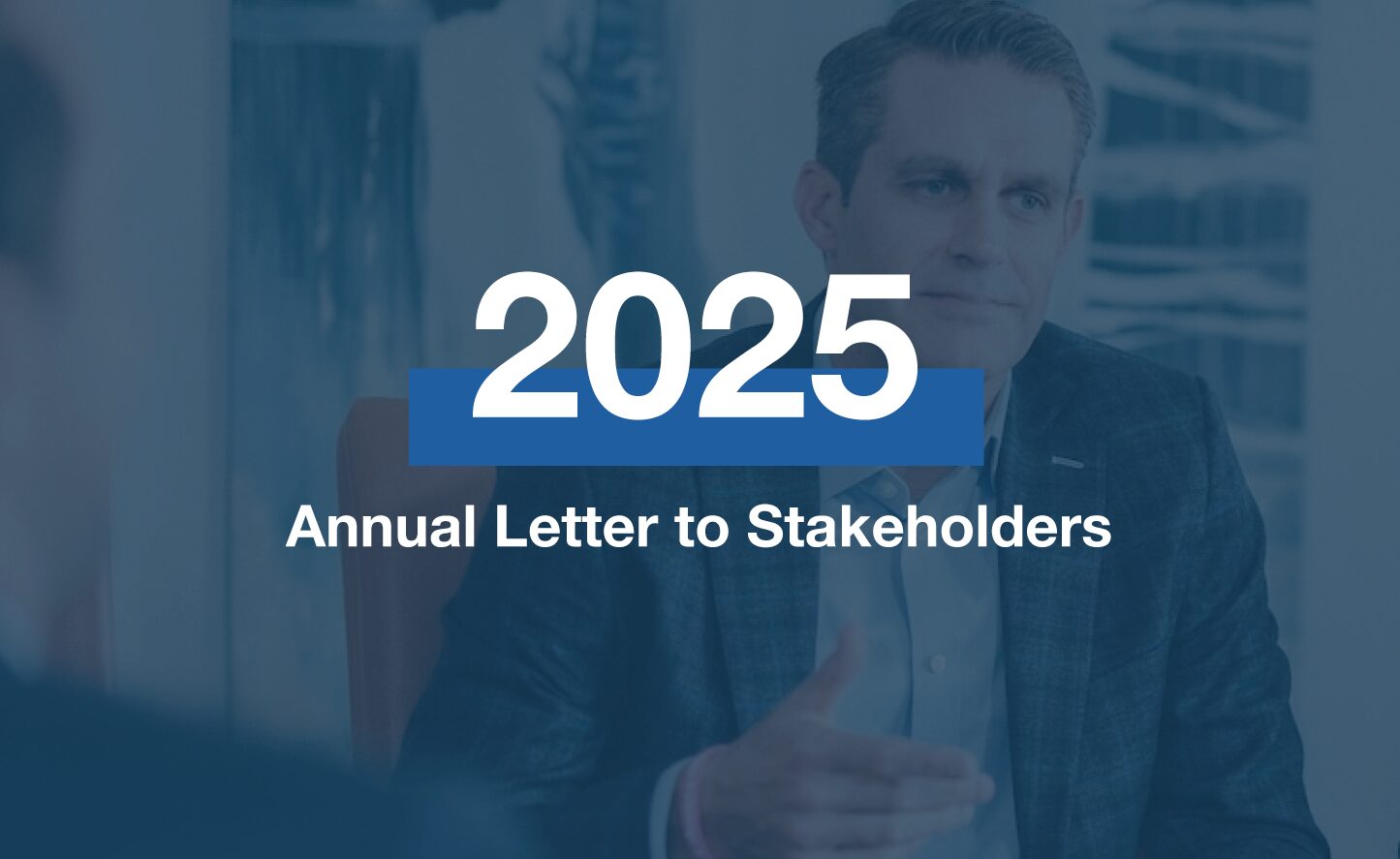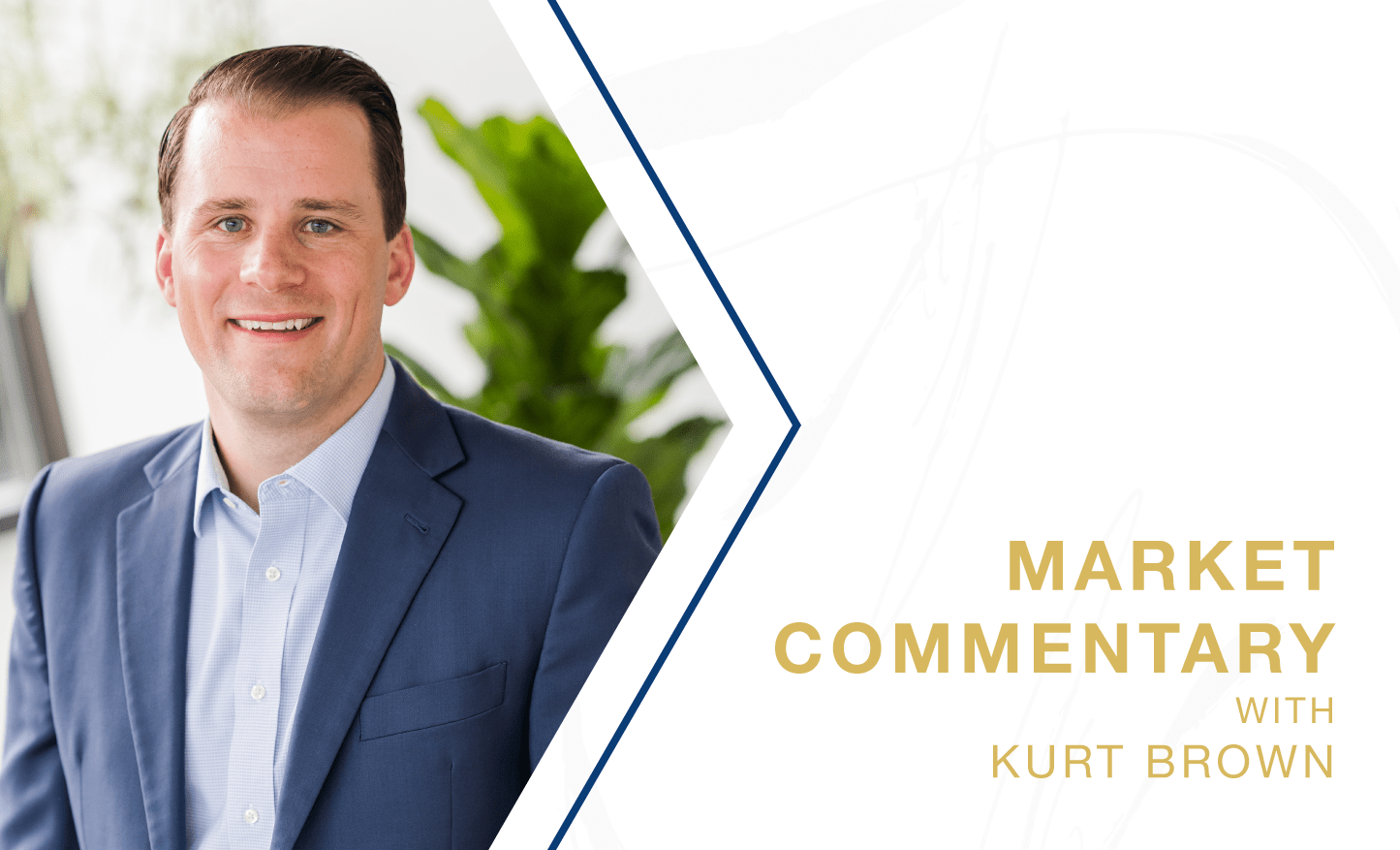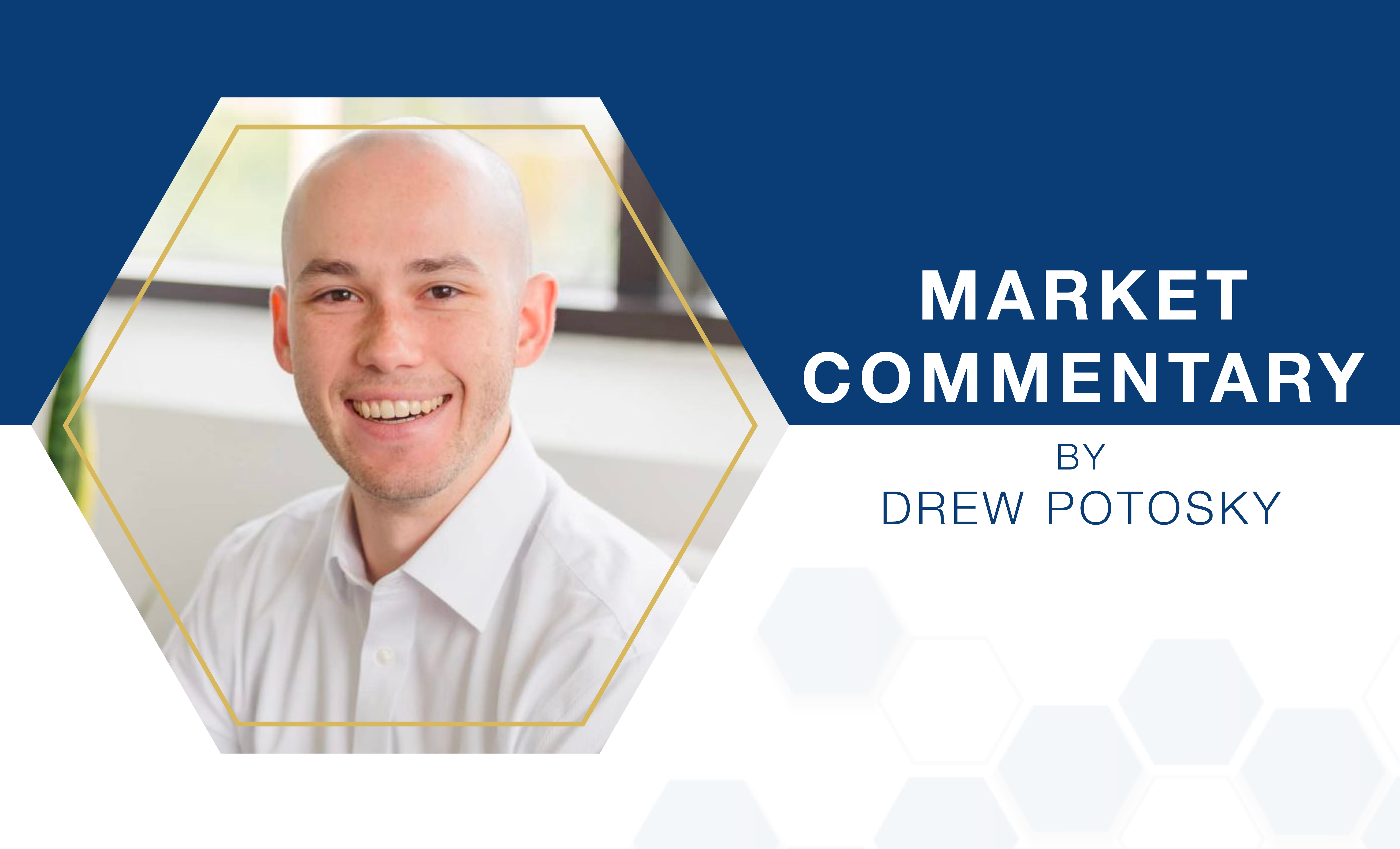Welcome to Viewpoints, a monthly bulletin from PDS Planning to our valued clients and friends. Our goal with each issue of Viewpoints is to provide you with a wide variety of perspectives on life and wealth. Feel free to share with others.
Economic and Investment News Bits
- Paycheck to Paycheck: 51% of working adults could not cover necessities without dipping into savings after missing more than one paycheck. Missing two consecutive paychecks would cause 66% to begin depleting savings. Once savings are depleted, 47% would turn to credit cards, and 17% would take a short-term loan as a substitute for regular income. (Source: National Opinion Research Center (NORC) at the University of Chicago)
- Half as Much: As measured by the “consumer price index” (CPI), inflation was up +2.2% annually for the last 25 years (1994-2018). Over the 50 prior years (1944-1993), inflation was up +4.4% annually. (Source: U.S. Department of Labor Bureau of Labor Statistics)
- Degree Inflation: Two-thirds of the U.S. workforce does not have a four-year college degree, yet 61% of 600 surveyed human resource managers do not even consider the resumes of job applicants lacking a four-year diploma, even if the applicant is otherwise qualified. (Source: Harvard University)
- “Worst” vs. “Best”: The Chinese economy grew by +6.6% in 2018, its lowest growth rate since 1990. The U.S. economy grew by +2.9% in 2018, its highest growth rate since 2005. (Sources: National Bureau of Statistics of China, U.S. Commerce Department Bureau of Economic Analysis)
- The Ongoing Demise of Traditional Retail: 7,000+ retail stores are scheduled to close in the U.S. in 2019, with Payless ShoeSource accounting for 2,590 stores. The all-time calendar year high of 8,139 stores closed was set in 2017. In 2018, 5,528 stores shuttered, including Toys R Us, and numerous Kmart, Sears, Brookstone, and Mattress Firm stores. When using square footage as a measure, 2018’s closures marked the highest on record at 155 million square feet of retail space. Through the first nine weeks of 2019, 30 million square feet were closed, far behind the pace of last year’s closures due to fewer big box stores shuttering. (Sources: USA Today, Coresight Research)
- The Death of Soda: Now at a 30-year low and falling for 11 years straight, soda consumption in the U.S. has dropped from 50 gallons to 37.5 gallons per capita between 2000 and 2017. For the first time, more bottled water is being sold than soda per person. As recent as the mid-2000s, people drank twice as much soda as water. (Source: Visual Capitalist)
Thought for the Month
“I try to keep focused on the things that really make me happy and just do those same things.”
– John Singleton, American film director, screenwriter, and producer best known for directing “Boyz n the Hood” (1991) for which he was nominated for the Academy Award for Best Director, becoming, at age 24, the first African American and youngest person to have even been nominated for that award (1968-2019)
Commentary – Trends in Health Care Costs & Utilization
Confirming what many of us already knew, the Health Care Cost Institute’s most recent “Health Care Cost and Utilization Report” shows that the amount we spend on health care continues to increase year-over-year. For 2017 (the most recent data available), spending per privately insured person grew by 4.2% year over year, the second year in a row of spending growth over 4%. Per person spending including medical and pharmacy claims reached $5,641, a new all-time high. Average prices increased 3.6%, a decline from the previous period’s 4.8% increase, primarily driven by a slow-down in average prescription drug prices.
Americans are attempting to combat these increasing prices and out of pocket costs in a number of interesting ways. In 2017, over 25% of people did not file any claims for health care services. This means they did not see a doctor, visit a clinic, or fill a drug prescription. For Americans under age 65 with employer-sponsored health insurance, office visits to primary care physicians (PCPs) declined 18% while office visits to nurse practitioners and physician assistants (i.e. health clinics) increased by a whopping 129%. While more people visited these health clinics, not visiting their primary care physician did not result in any cost savings.
Based on consumer behaviors, the implications of these findings are troubling. Faced with higher costs, an increasing number of people are either neglecting to seek care entirely or avoiding their primary doctor by seeking out presumably lower-cost options via clinics (and at a staggeringly increasing rate). Only time will tell how these behaviors impact our long-term health and wellness. If only “An apple a day, keeps the doctor away” truly worked.
Chart for the Month – Wages in the United States
Based on U.S. Bureau of Labor Statistics data, “real” hourly earnings (i.e. adjusted for inflation) for production and nonsupervisory employees in the United States finally returned to their historical peak last month, a level not previously seen since February 1973, over 45 years ago. As points of reference, the top song of February 1973 was “Crocodile Rock” by Elton John, and that upcoming summer, the movie “Live and Let Die” was the first to feature Roger Moore as James Bond.
Please remember that past performance may not be indicative of future results. Different types of investments involve varying degrees of risk, and there can be no assurance that any specific investment, strategy, or product or any non-investment related content, made reference to directly or indirectly in this newsletter, will be suitable for your individual situation, or prove successful. This material is distributed by PDS Planning, Inc. and is for information purposes only. Although information has been obtained from and is based upon sources PDS Planning believes to be reliable, we do not guarantee its accuracy. It is provided with the understanding that no fiduciary relationship exists because of this report. Opinions expressed in this report are not necessarily the opinions of PDS Planning and are subject to change without notice. PDS Planning assumes no liability for the interpretation or use of this report. Consultation with a qualified investment advisor is recommended prior to executing any investment strategy. No portion of this publication should be construed as legal or accounting advice. If you are a client of PDS Planning, please remember to contact PDS Planning, Inc., in writing, if there are any changes in your personal/financial situation or investment objectives. All rights reserved.




